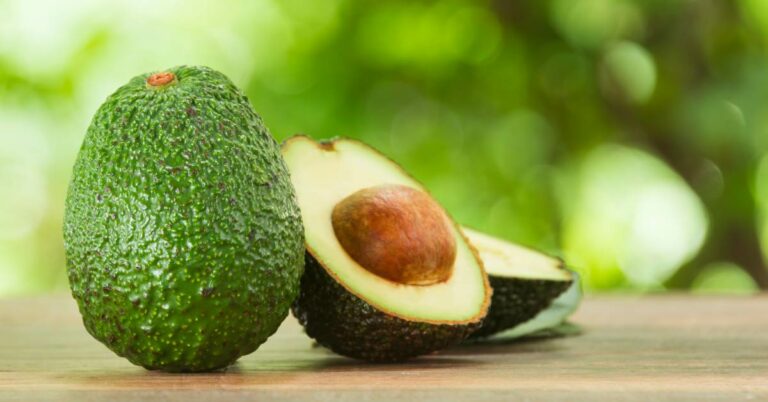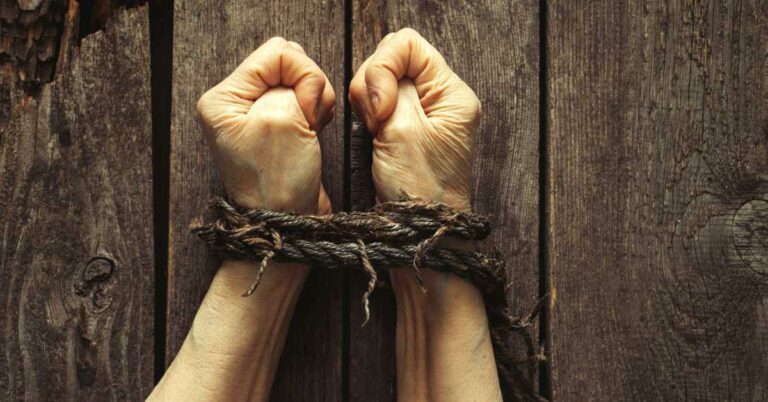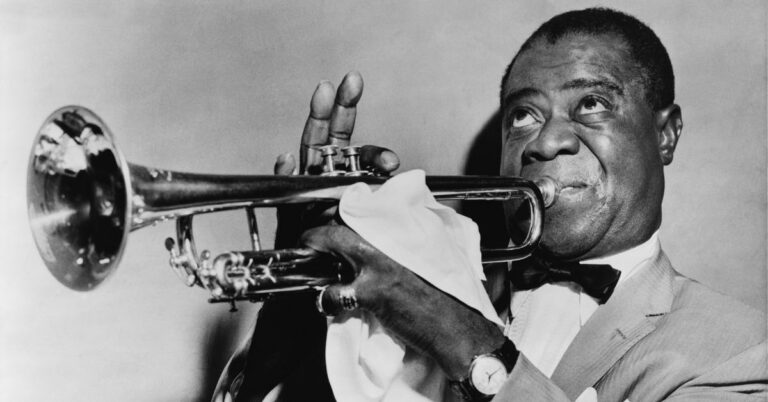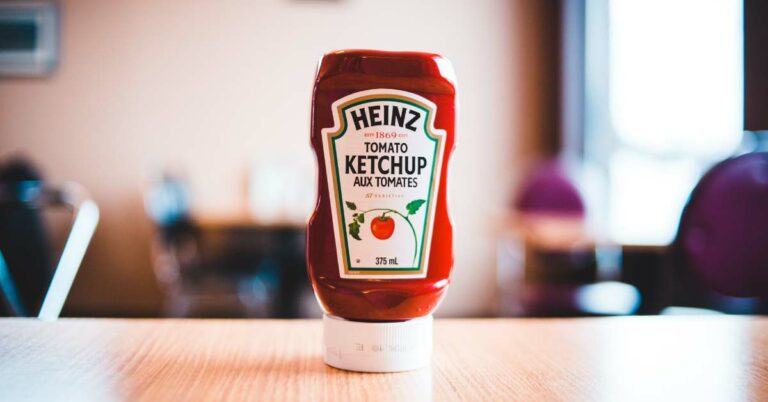Language, like a living organism, evolves over time, adapting to cultural shifts and societal changes. The term “dude” is a prime example of this linguistic evolution, carrying with it a journey through history, social contexts, and even across oceans. As we delve into the origins of “dude,” we uncover a tapestry woven from diverse influences and meanings.
The Transatlantic Beginnings: “Doodle” and Its Journey to “Dude”
The roots of “dude” can be traced back to the late 19th century, where it emerged as a colloquial term in the United States. Interestingly, its origins are intertwined with an older term, “doodle.” “Yankee Doodle,” a well-known American patriotic song, played a role in shaping this transition. During the American Revolution, British soldiers used the term “Yankee Doodle” as a derogatory reference to the unrefined American colonists. However, the colonists embraced the term, taking pride in their identity and turning it into a symbol of American defiance.
In time, “doodle” evolved to refer to a foolish or eccentric person, and it is believed that this transition paved the way for the transformation into “dude.” The shift from “doodle” to “dude” can be attributed to the changing ways in which language reflects social norms and values.
Western Influence: Cowboys, Ranches, and the Emergence of “Dude Ranches”
The term “dude” took on a new layer of meaning in the late 19th century and early 20th century with the emergence of the “dude ranch” phenomenon. As urbanization surged, city-dwellers sought refuge in the romanticized cowboy lifestyle of the American West. These urbanites, often referred to as “dudes,” would visit ranches for a taste of rustic adventure. The term “dude ranch” referred to a ranch catering to the comfort and leisure of these urban visitors, providing an early glimpse of tourism’s influence on language.
From Formal to Familiar: Shifting Semantics of “Dude”
“Dude” continued to evolve, transitioning from a term with a somewhat formal or mocking connotation to a more familiar, laid-back term. By the mid-20th century, “dude” had shifted towards a neutral, informal label used to refer to any person, often expressing familiarity, camaraderie, or surprise.
Dude in Popular Culture: An Emblem of Coolness
In the latter half of the 20th century, “dude” began to permeate popular culture, further solidifying its status as a colloquial staple. It became synonymous with a laid-back, easygoing attitude, embodying a sense of coolness and nonchalance. The term was embraced by surfers, skaters, and various subcultures, turning “dude” into a versatile and iconic expression.
Today and Beyond: Dude’s Ever-Evolving Role in Language
In the 21st century, “dude” remains a widely recognized and used term, transcending generational and cultural boundaries. It has become a quintessential example of how language shifts, adapts, and takes on new meanings over time. From its transatlantic origins to its contemporary ubiquity, “dude” reflects the interplay between language and society, highlighting the malleability of words and their ability to capture the essence of eras and cultures.
In Conclusion: A Dude for All Seasons
The etymology of “dude” is a testament to the complex and ever-changing nature of language. What began as a term of mockery and evolved into an emblem of camaraderie and coolness showcases how words take on new life through cultural shifts. As we continue to use “dude” in our everyday conversations, we engage with a piece of linguistic history that serves as a reminder of the dynamic interplay between language and the human experience.














